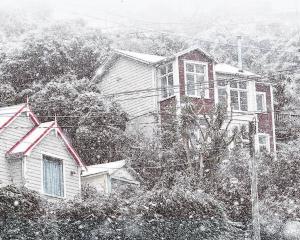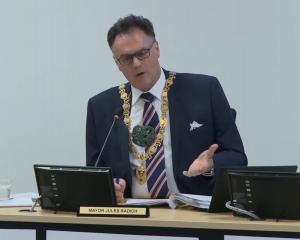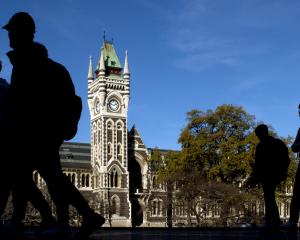There have long been unwritten rules regarding what are acceptable topics for grumbling.
Students have always complained about their teachers, while teenagers have always been given leave to moan about their parents. And for Dunedin it has long been normal for residents to denigrate and diminish the city's qualities while highlighting and exaggerating its foibles.
It seems that age of civic self-flagellation is passing.
A report in yesterday's Otago Daily Times highlighted the arrival of three new tourism-based businesses set to operate on Otago Harbour. The new operators cited growth in Dunedin's tourism numbers and their personal conviction for the experiences the city can offer visitors as reasons for their willingness to gamble their time, money, reputation and hard work in the ventures.
This confidence is welcome and it is not isolated. It is noteworthy how much of the drive behind the quest to transform Dunedin's Steamer Basin into a world-class blend of architecture and civic space is coming from business leaders, not just the expected clique of elected officials seeking legacy projects.
The city's harbourside cycleway infrastructure will soon link Port Chalmers to Portobello, offering tourists a globally significant harbour and urban cycle trail; it is expected tourists could begin the cycle route at Port Chalmers, perhaps straight from their cruise ship, cycle the trail on hired bikes with a guide and then ferry back across from Portobello.
Of course, the imminent behemoth construction project that will be Dunedin's new public hospital will ensure money and people continue flooding into the city well into the new decade. All in all, there are positive times ahead for Dunedin.
It's easy to see a city as being its infrastructure, architecture, ecosystems and culture. But, while unromantic, the truth is without a large enough stream of jobs, profits and business growth there can be no city - certainly not when such things are dependent on something other than state finances.
For people to have enough confidence to gamble on creating new jobs and businesses, on planning for growth and working to achieve it, there needs to be confidence such gambles are more likely than not going to pay off. It seems, in Dunedin's tourism industry at least, that confidence is well and truly in place.
Of course, the businesses in question are relatively small in scale and span just one industry. Yet the tourism industry is unique in what it can offer a city or region. Tourism ventures exist to give people great experiences, great pictures and great stories. They attract people who are on holiday, in fine spirits, and who are seeing their chosen destination at its best.
If done well, tourism can turn every visitor to Dunedin into a unique marketing weapon, ready to be reinserted into their own community. Stories and images of Dunedin's splendour can colour the opinions of a vastly greater number of people than those who have actually holidayed here.
Some of those people may be willing to bring their jobs, business ideas and capital to the idyll that is Dunedin. And that is timely, as around the world people converge in ever-greater numbers on mega-cities - something Dunedin will never be.
But neither is Dunedin just another regional city hoping to survive the age of mass metropolises. It was New Zealand's first and grandest city and retains that heritage. It boasts the country's greatest amphitheatre harbour brimming with cultural and wildlife attractions. It is the only New Zealand city to consistently eschew big-box suburban shopping-malls, meaning it has stayed wonderfully compact and centralised.
Every city will always have residents who focus only on its negatives - often with great fervour and volume. But for Dunedin it seems the negative voices are thinning and their volume is decreasing. Confidence and investment are taking their place.












